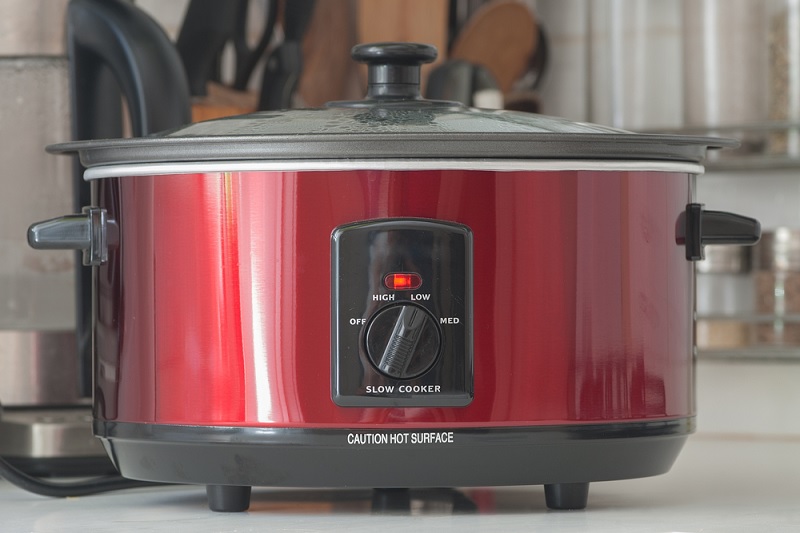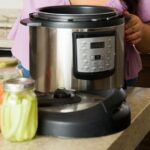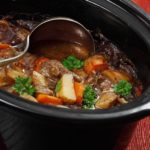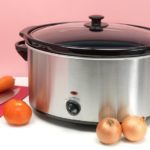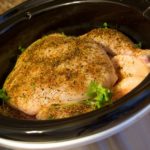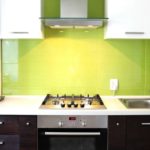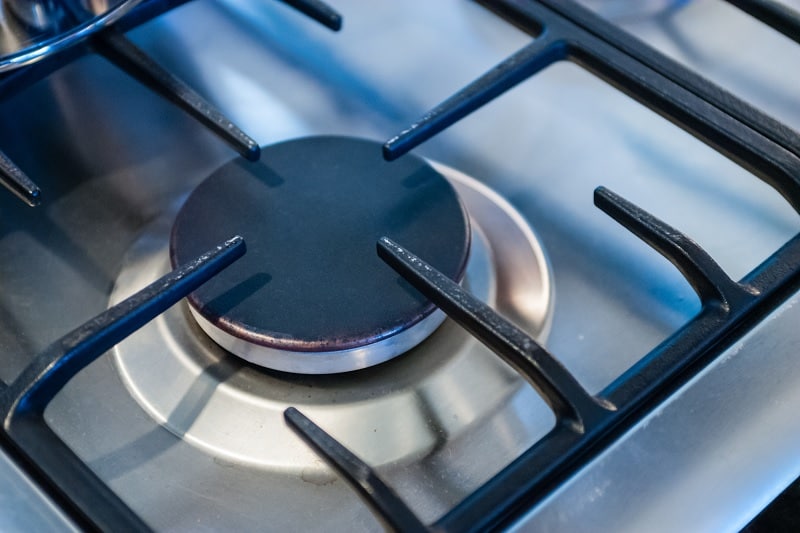Slow cookers are quickly becoming a staple in many British kitchens. They make home-cooking meals easier than ever, requiring minimal effort yet producing undeniably delicious results.
This makes them great for busy workers or anyone that wants a tasty meal without the time or effort.
But are slow cookers a good option in terms of energy efficiency?
Knowing how energy-efficient your appliances are is important for a couple of reasons. Appliances that require a lot of energy to run are wasteful and thus detrimental to the planet.
But what’s more, the more uneconomical your appliances, the larger your electricity bill.
How Energy-Efficient Is a Slow Cooker?
You’ll be pleased to know that slow cookers are extremely energy-efficient. Alongside saving you time, a slow cooker could also be saving you money and our planet.
This is because the heating element in slow cookers uses a very low current and instead relies on trapping heat inside the appliance to cook food. But exactly how economical are slow cookers?
To figure this out, we need to do a little bit of simple maths to determine electricity usage.
Electricity usage is measured in kilowatt-hours (kWh). So to work out the energy consumption of a slow cooker, you need to multiply its wattage (W) by the time you have it running in hours.
However, wattage varies depending on the precise brand of slow cooker that you’re and what temperature setting you’re using.
Most slow cookers including the best-known Crockpot brand consume between 75W and 150W of energy on their lowest setting. On the highest temperature setting, energy consumption increases up to 210W.
For example’s sake, let’s say you have a Crockpot turned onto its highest setting for six hours. This would equate to 1,260Wh (210W x 6 hours), which is equivalent to 1.26kW.
For six hours of power and one incredible meal, this is pretty good energy usage.
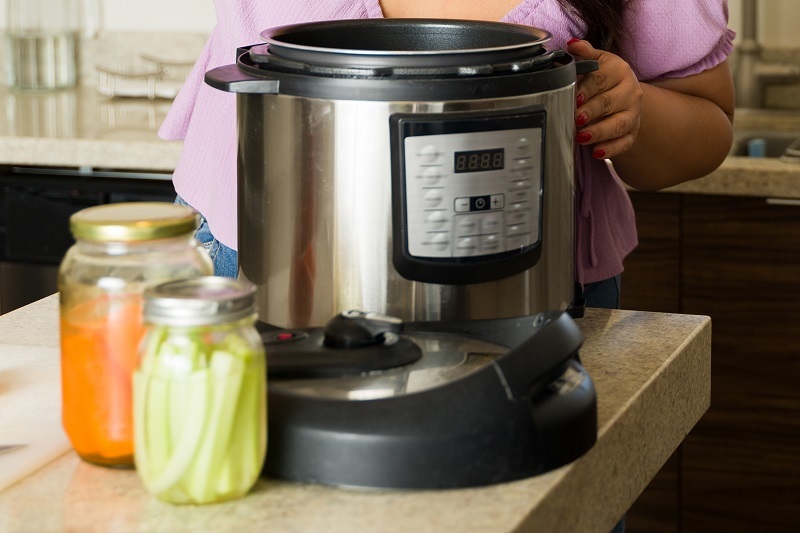
How Much Does It Cost to Run a Slow Cooker?
We have established that slow cookers are indeed energy efficient. But what does this mean in terms of running costs and electricity bills?
The average electricity cost in the UK is 24.5p for the Energy Price Cap (EPC) period from 1 April to 30 June 2024.
Using the same example as above, we can determine the cost of running a slow cooker on high for six hours. At 24.5p/kWh, this works out at around £0.31 (24.5p/kWh x 1.26kW = 31p).
If we were to have the slow cooker on its lowest setting, the cost would be even less.
However, bear in mind that recipes cooked at a lower temperature generally need to be running for longer.
Is It Cheaper to Use a Slow Cooker or an Electric Oven?
To better understand how energy-efficient and cost-saving a slow cooker is, it is worth comparing its energy usage and running costs to that of a traditional electric oven.
Most electric ovens have a power rating of around 2,100W. Already you can see they require around 10x as much power as a slow-cooker on its highest setting to run for the same period!
However, whereas slow cookers are left on all day, ovens are used for much shorter periods. Despite this, running a slow cooker is still a lot cheaper.
Leaving a 2,200W (2.2kWh) oven on for one hour will cost you around £0.54 per hour (24.52p/kWh x 2.2kWh = 54p). This means despite leaving your slow cooker on for six times as long, it still costs you nearly half the cost of using an electric oven.
So, if you want an eco-friendly kitchen, using your slow cooker more often is the way forward. No appliance is going to be 100% energy efficient, but it is a great first step at reducing energy waste, bettering our planet, and keeping your electricity bills down.

Hannah is a freelance content writer and self-proclaimed foodie. When Hannah isn’t sitting tapping at her laptop, you’ll probably find her in the kitchen. As an ex-chalet host, she’s used to cooking four-course meals for 10+ people and loves feeding friends and family whenever possible.

